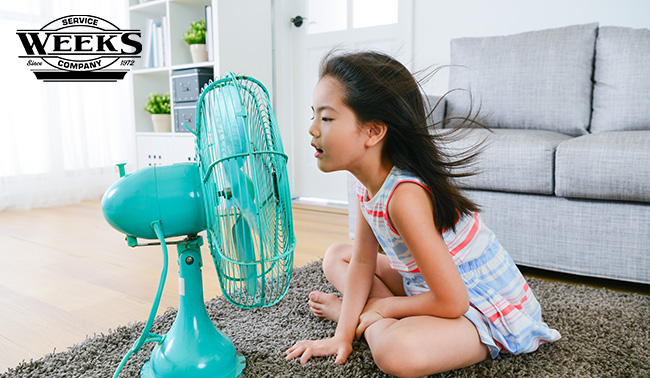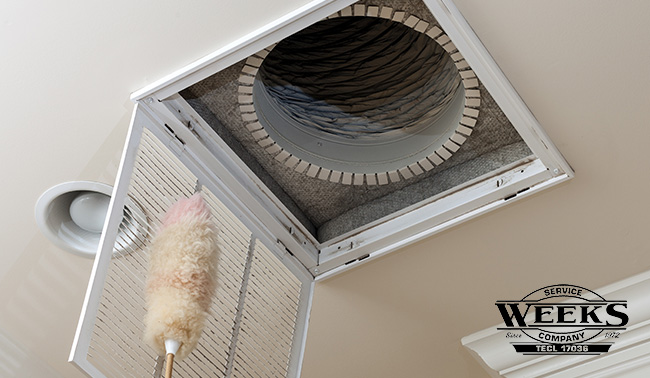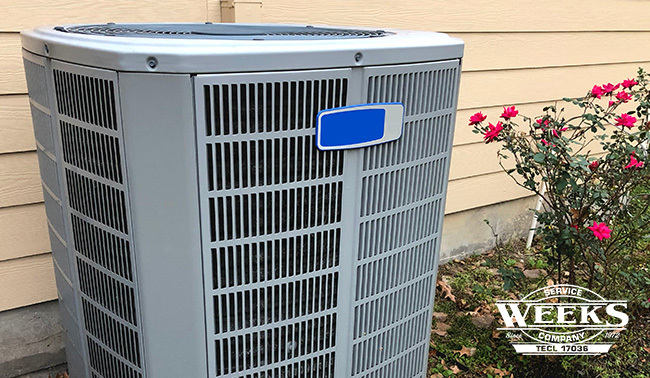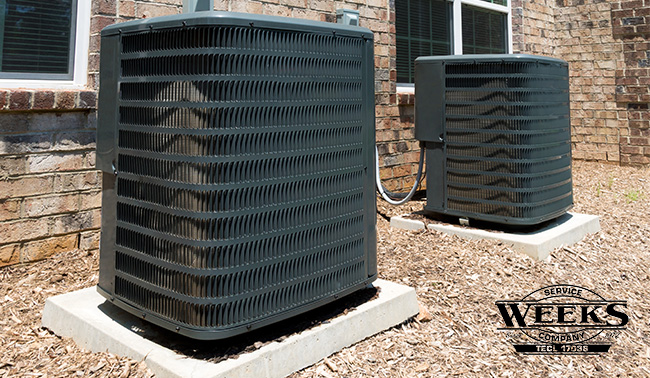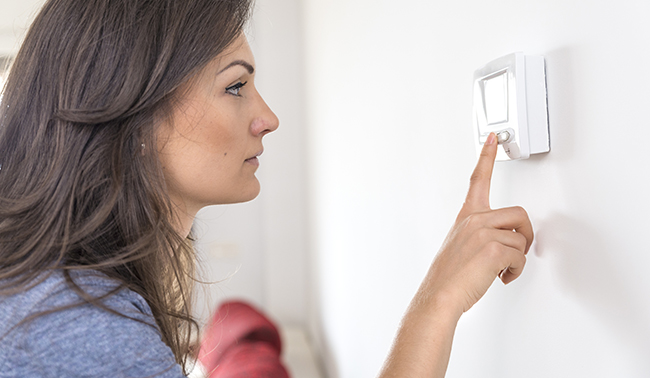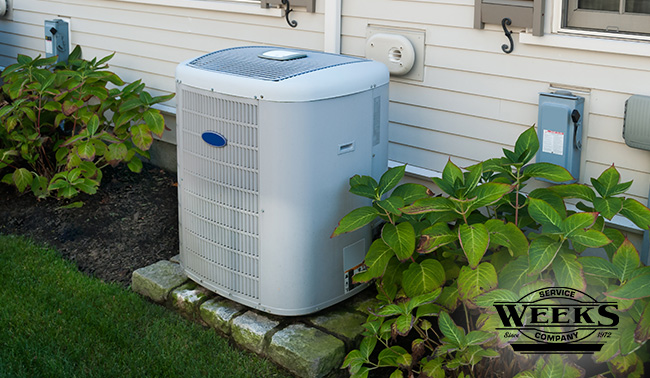
Has your HVAC unit been acting up? When your air conditioning and heating isn’t performing as it should, your first impulse is to contact a technician for repair. A repair is a lot less expensive than a replacement, right? Not always. Before you schedule a technician to come out and fix your unit, it’s important to consider whether your HVAC might need to be replaced. Here’s the answer to: “Should you repair or replace your HVAC system?”
Should You Repair or Replace Your HVAC System?
Central air replacement is the answer in certain circumstances. If your unit is 10 – 15 years of age, follow these basic guidelines from Energy Star. If your current HVAC is more than 10 years of age, it’s important to get a professional technician to assess its current condition. Most HVAC units run well for about 15 years, so there’s no urgent need to replace yours if everything is working properly. But if you have a unit that over a decade old and you are experiencing constant breakdowns, it will be cheaper in the long run to replace it.
Remember that with an older unit, you are likely spending more on repair bills than you would be if you replaced it with a new one. Technology has made modern HVAC units more dependable and energy-efficient – which means that new models require less energy to run. An older unit might also become a safety hazard; old wiring could start a fire, bad IAQ could compromise the health of your family, and undependable heating and cooling can also make your household sick.
If you’re continuously having your HVAC fixed, if your unit needs a technician to replace pieces every few months, consider getting a new system. Here’s a straightforward answer: If your last HVAC repair cost upwards of $1,000, look into a replacement.
One Final HVAC Tip
If you are still on the fence about getting a new HVAC, we will leave you with one final thought:
Making a new HVAC purchase can be overwhelming, but waiting until your current system breaks down completely could make the situation even more costly. If a breakdown occurs during the extreme heat of summer or a really cold winter, the hasty decision could lead to a new unit that isn’t ideal for your home. The size, the manufacturer and consumer rating are all important factors – and it takes time to find the best model for your home.
If you are having consistent problems with your older model HVAC, contact the professionals at Weeks Service Company! Call 346-595-7575 to schedule an appointment today!


